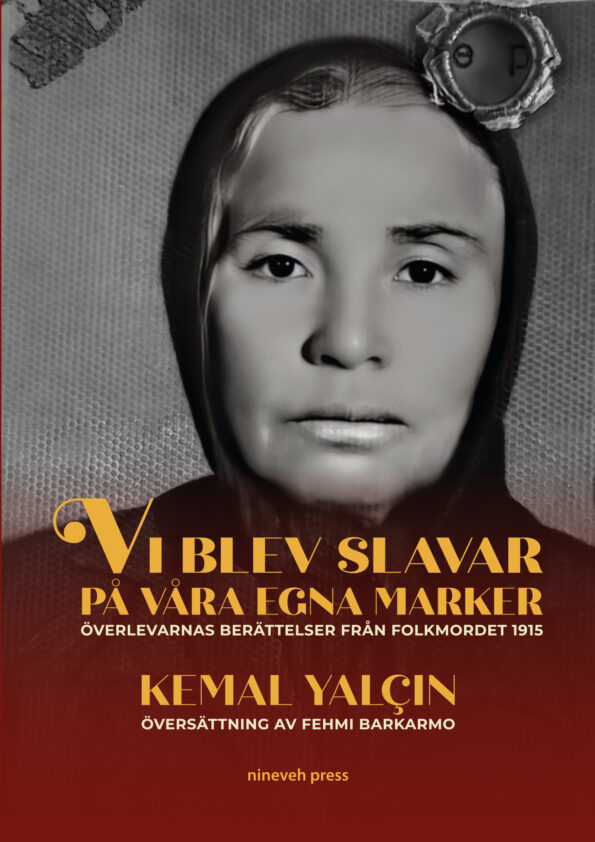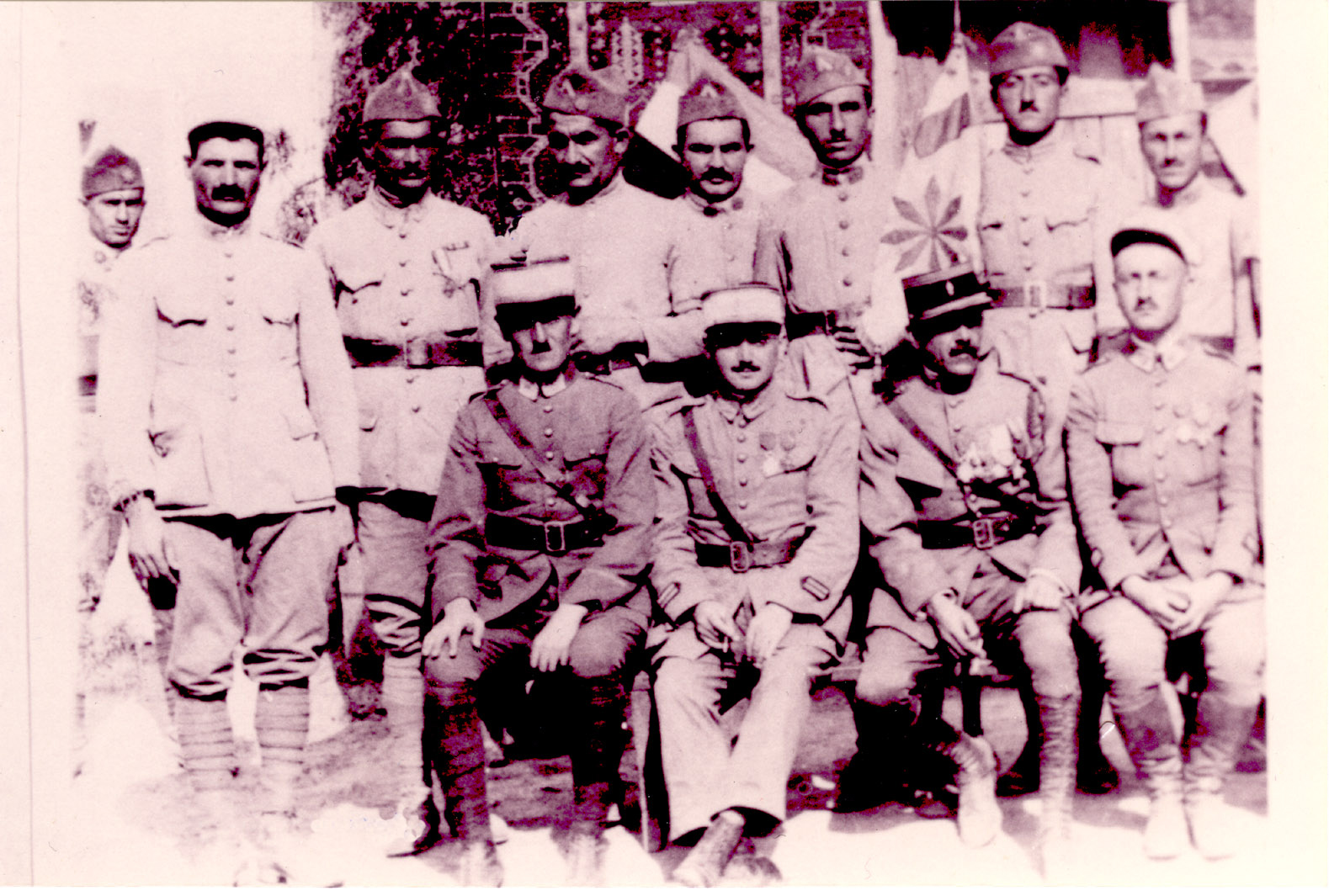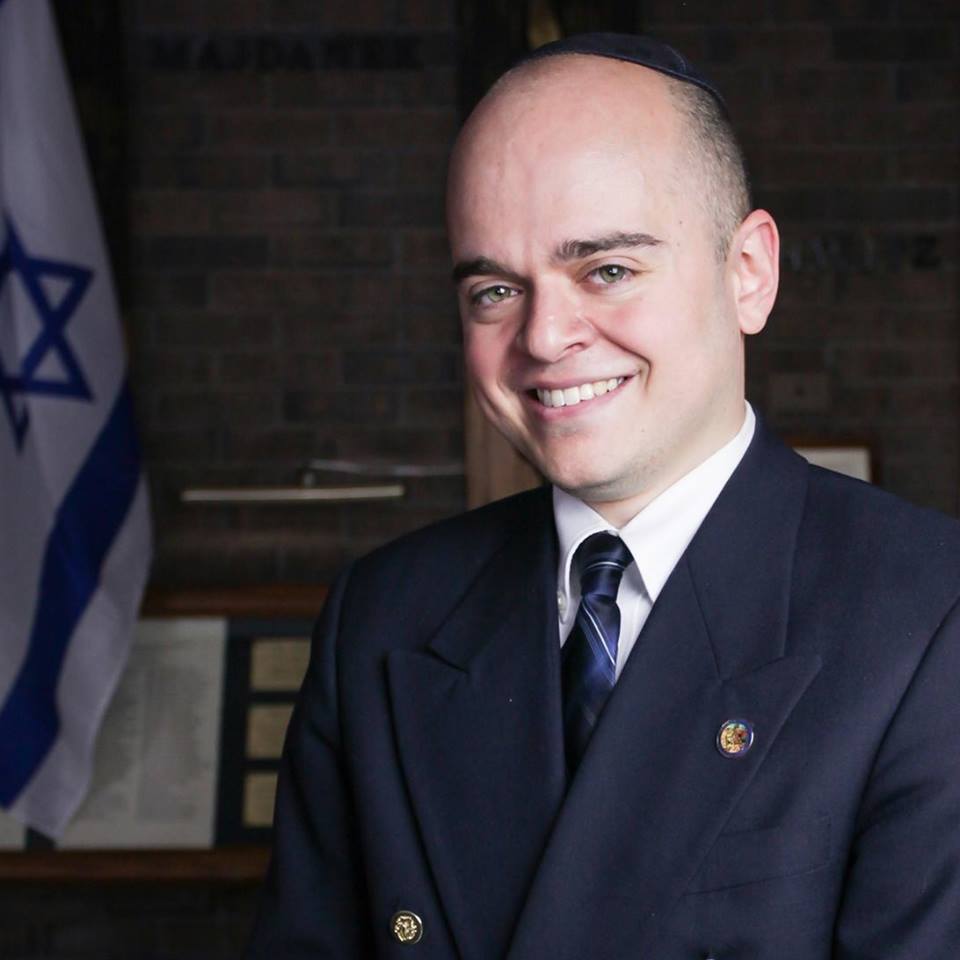The government of Greece believes it would be honorary Greek citizenship.
That’s exactly what Sano Halo, a spry lady who insists on living by herself, received last month in a ceremony at the Greek Consulate in Manhattan, a gift befitting the white-haired mother of 10 whose life is chronicled in the book, “Not Even My Name.”
The book is the story of Halo’s survival of the Pontic Greek death march at age 10 that killed her family, as told to her daughter Thea Halo, its author. (Pontic is the name given to the ancient Greek colonists who settled around the Black Sea.)
It also is the story of the Halos pilgrimage to Turkey in search of Halo’s childhood home 70 years after her exile and the tale of her way of life in the Pontic Mountains.
Equally important, according to the publisher, it’s also the story of a “transformation from an innocent girl who lived an ancient way of life in a remote place to a nurturing mother and determined woman in 20th century New York City.”
More than 353,000 deaths
The Pontic Greeks, like the Armenians, Assyrians and Ottoman Greeks, were victims of ethnic cleansing at the beginning of the 20th century, first by the Young Turks (a coalition of groups favoring reformation of the Ottoman Empire administration) and then other forces, during World War I and its aftermath (1914-1923). That violent campaign included massacres, forced deportations involving death marches and summary expulsions. In total, 353,000 Pontic Greeks died and another 1.5 million were sent on death marches to exile.
The government of Turkey, the successor state to the Ottoman Empire, claims the large-scale campaign was triggered by the perception that the Greek population was sympathetic to the enemies of the Ottoman state. But World War I allies took a different view, condemning the Ottoman government-sponsored massacres as crimes against humanity.
In the book, Halo tells how villagers began to realize something was wrong when they saw strangers taking over the fields and forests. Turkish soldiers made periodic raids to seize men for slave labor in camps, where most died.
In the spring of 1920, Turkish soldiers pounded on doors of villagers, telling them to leave with only what they could carry. Hundreds of thousands of people died – but not Halo.
After living with different people, she was sold into marriage at age 15 to a man who was three times her age. They came to America in 1925; she became a U.S. citizen in 1934.
Though decades have passed, it’s clear the events of Halo’s childhood are still as fresh and raw as yesterday.
“I think it’s terrible what they’ve done,” said Sano, with tears filling her eyes. “We had a good life. A home, cows, a donkey, a horse and they pushed us out, leaving everything. They said, ‘You leave it and you go.’ We had beautiful dishes that my mother buried. She said to me, ‘Maybe we’ll come back for them.’ But we never did.”
Halo made a point to note her anger was with the Turkish government, not its people.
“The government had no right to do this,” she said. “That the government should push people out of God’s world … all lands are God’s world. We are all God’s children. Did they have to kill us?”
Halo, who moved to Monroe in 1976, said for eight to nine months, the family walked, looking for a place to settle.
‘Lost civilizations’
“Nobody cared,” said Halo. “So many died. Some from hunger, some from just walking and some from being sick. My baby sister died in my arms. She was making horrible noises. I asked my mother what she’s doing. She said, ‘She’s dying.’ And, she did.”
Thea Halo, the eighth of her 10 children, knew as did her siblings that their heritage had been a “mystery … we came from two lost civilizations.”
She wrote: “Both of my parents came from Turkey, but they were not Turks. No one had ever heard of my mother’s people – the Pontic Greeks of Asia Minor (Turkey) – and my father’s people, the Assyrians, were believed to have lived only in ancient times but no more.”
She suggested they take a trip to Turkey in 1989 when Sano Halo was 79, in an attempt to find her native village. Shortly thereafter, she realized her mother’s story needed to be told.
Sano Halo agreed, telling her daughter, “if I could only write, I would tell the world what happened.”
After the book was published in 2001, mother and daughter began to speak to groups, particularly Greek groups, about Halo’s story. They even visited Greece, met its president, spoke with many groups within that country about the Pontic Greek genocide. Proclamations and citations began to be issued in her honor.
Slowly, Halo’s story began to be noticed within the Greek communities. It’s estimated that 200,000 live in the U.S., the second highest population worldwide outside of Greece. In the metropolitan area, there are large Pontic Greek populations in New Jersey and in Queens.
May 19
It was those groups, said Thea Halo, which petitioned the Greek government to offer honorary citizen status to Sano Halo and to her.
The government was receptive to the idea. This past May 19, the day annually marked by Greece as a national memorial day of Pontic Greek genocide, Parliamentary speeches in Athens were specifically dedicated to both women.
“There are people, symbols of mankind, who, because of their passions change the view and behavior of mankind on human relations and coexistence of peoples, and change the collective consciousness of humanity,” Dimitris Sioufas, president of the Greek Parliament, said in his speech. “The people – many symbols have their own people in words and in deeds make known to mankind passions, persecution, suffering, genocide…. Such people are both Pontic origin women, Sano and Thea Halo. The mother survived to tell the daughter who wrote to convey to all mankind the genocide of a people. The Pontic Greeks.”
Former Parliamentary President Apostolos Kaklamanis called Sano Halo “an emblematic figure of contemporary history, not only in Greece but all mankind,” adding she was akin “to Anne Frank, an equivalent symbol of resistance against the brutality, as timeless symbols of the triumph of life and liberty against violence and racism.”
‘Grandmother of all Pontics’
Thea Halo agreed.
“They call her the grandmother of all Pontics,” she said. “And yes, the Parliament has called her the Anne Frank of the Pontic Greeks. She is that important to the Pontic Greeks.”
Sano Halo, who celebrated her 100th birthday last May 10 with a family party and a party with the Monroe Jolly Seniors, never expected to be offered Greek citizenship as a tribute to her survival of the death marches and for recounting the plight of the Pontic Greeks.
But on June 11, she and her daughter were sworn in at the Greek Consulate in New York, with a gathering of family and Greek officials on hand. The national Greek language newspaper, The National Herald, even carried the story and photos of the event on the front page of its June 14 edition.
Greek Consul General Aghi Balta said on Wednesday that Greek law allows for the granting of honorary citizenship for those “who have done special deeds for Greece, and it’s very rare.”
For Sano Halo, she said, there were “many bureaucratic obstacles to overcome because she didn’t have any papers. Her papers were all destroyed. She was not even sure of her exact birth date.”
Though Halo downplayed her new Greek citizenship to a visitor, Thea Halo said her mother was truly honored.
“When Consul General Balta swore her in, my mother said, ‘Now they won’t think I’m Turkish, now they’ll know I’m Greek,’” Thea recalled, “because her U.S. passport says she comes from Turkey.”
The Greek government has extended another invitation for Sano Halo to visit Greece, giving her an opportunity to use her new Greek passport, but the elderly woman insisted she is too old to travel.
“The exciting days were over for me a long time ago,” she said. “I’ve got enough to keep me happy. But I do feel great to be a citizen of Greece and America.”
When asked what does she attribute her longevity to, Sano Halo didn’t offer anything specific.
“How so long?” she said with a laugh. “To make a book. I feel good about that. The Lord above is watching over me.”
To learn more about the Sano Themia Halo Pontian Heritage Foundation, its projects or to make a donation, visit: www.haloheritagefoundation.org. For information on “Not Even My Name,” visit www.notevenmyname.com.
What was the Pontic Greek genocide?
• During World War I and its aftermath (1914-1923), the Young Turk government of the Ottoman Empire instigated a violent campaign against the Greek population of Pontus and other regions of the Empire inhabited by Greeks. The campaign included massacres, forced deportations involving death marches and summary expulsions. According to various sources, the death toll in Pontus ranged from 300,000 to 360,000; the death toll for Ottoman Greeks as a whole was higher. Some of the survivors and expelled took refuge in the neighboring Russian Empire. All of the Pontic Greeks who remained in Pontus after the end of the 1919-1922 Greco-Turkish War were later deported under the terms of the population exchange between Greece and Turkey in 1923. Most went to Greece, but a substantial minority went to the Soviet Union.
• The government of Turkey, the successor state to the Ottoman Empire, maintains that the large-scale campaign was triggered by the perception that the Greek population was sympathetic to the enemies of the Ottoman state and a potential fifth column. The allies of World War I took a different view, condemning the Ottoman government-sponsored massacres as crimes against humanity. More recently, the International Association of Genocide Scholars passed a resolution in 2007 affirming that the Ottoman campaign against Christian minorities of the Empire, including the Greeks, was genocide. Some other organizations have also passed resolutions recognizing the campaign as a genocide, as have the parliaments of Greece and Cyprus.
By Nancy Kriz
Source: strausnews.com



